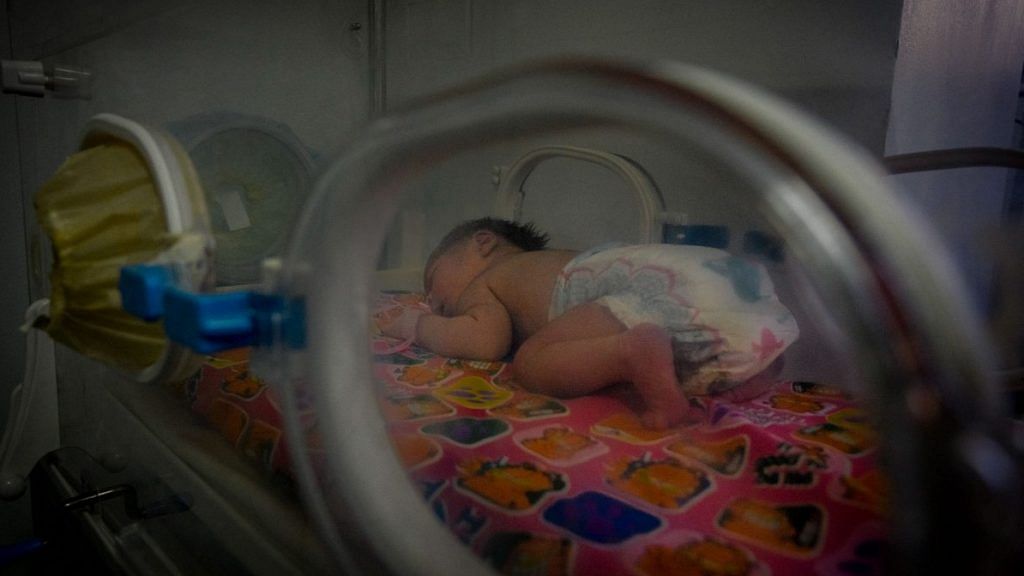New Delhi: The Union Cabinet Wednesday approved the bill for the regulation of clinics involved in providing reproduction assistance services, such as in-vitro fertilisation (IVF), artificial insemination and surrogacy.
The bill, called the Assisted Reproductive Technology (ART) Regulation Bill, 2020, intends to regulate ART clinics with the objective of providing “safe and ethical” reproductive procedures to infertile couples.
The cabinet, chaired by Prime Minister Narendra Modi, approved the bill after clearing the Medical Termination of Pregnancy (Amendment) Bill, 2020, last month.
The government, in a press release, called the ART Regulation Bill “historic” for the welfare of women in the country. It also counted the cabinet’s approval of the Medical Termination of Pregnancy (Amendment) Bill last month and the introduction of the Surrogacy Regulation Bill in Parliament as “path-breaking steps to protect women’s reproductive rights”.
The press release said the government would form an apex committee of experts called ‘National Board’ to regulate such clinics across India. “The National Board shall lay down code of conduct to be observed by persons working at clinics, to set the minimum standards of physical infrastructure, laboratory and diagnostic equipment and expert manpower to be employed by clinics and banks,” the release said.
Also read: Modi govt wants 50-year age limit for women taking IVF treatment to get pregnant
India’s infertility problem
According to research conducted by Inito, a Bengaluru-based medical technology company, around 10-15 per cent of married couples in India, or about 27.5 million couples, face infertility.
Such couples end up taking the services of unregulated ART labs, which include gamete donation, intrauterine insemination (IUI), IVF, intracytoplasmic sperm injection (ICSI), preimplantation genetic diagnosis (PGD), and gestational surrogacy.
The bill proposes that once Parliament passes it, states and union territories will constitute their own boards and authorities to regulate and supervise the clinics, within three months of its notification by the central government.
“The state board shall have the responsibility to follow the policies and plans laid by the National Board for clinics and banks in the state,” the government stated.
The bill also proposes stringent punishments for those practicing sex selection, sale of human embryos or gametes, and running agencies, rackets or organisations for such unlawful practices.
It also provides for the national registry of these clinics. The registration authority will maintain a central database and assist the National Board in its functioning.
Rights of children born through ART clinics
ART services need to be regulated mainly to protect women and children from exploitation, the government stated.
“The oocyte donor (egg donor) needs to be supported by an insurance cover, protected from multiple embryo implantation, and children born through ART should be provided all rights equivalent to biological children,” it said.
The bill also intends to make it mandatory to conduct tests to help identify genetic defects within embroys, called pre-genetic implantation testing, for the benefit of the children.
“India has one of the highest growths in the ART centres and the number of ART cycles performed every year. ART including IVF has given hope to a multitude of persons suffering from infertility, but also introduced a plethora of legal, ethical and social issues,” the government stated.
Such clinics also serve foreign couples, the release pointed out.
“India has become one of the major centres of this global fertility industry, with reproductive medical tourism becoming a significant activity,” the government stated.
Also read: Is the Surrogacy Bill 2019 unfair to women by limiting their options?
